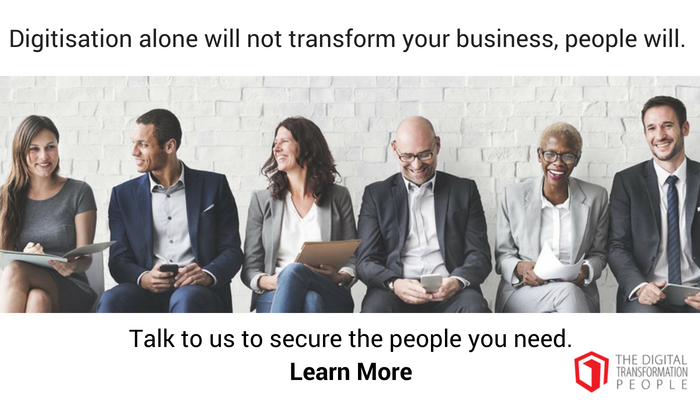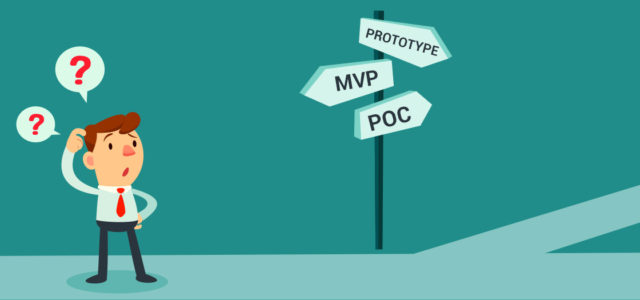On March 25, a group of senior Executives – all members of the ECLF community – met in an informal virtual “water cooler” setting to share perspectives on issues they face in light of the Covid-19 crisis.
They all work in large and global organizations, with responsibility for areas such as Leadership and Organizational Development (Achim Wolter | Baloise Group), Learning (Kai Liebert | Siemens AG), Transformation and Change (Nandani Lynton | Siemens Energy), Digital Partnerships (Verena Reichl | Spielfeld Digital Hub, Roland Berger), Talent Networks (Irena Wiederspohn | Helmholtz Association) and Knowledge Management and Collaboration Systems (Thilo Bendler | Otto Group),
We felt that some highlights of this conversation are worth sharing, as they touch key challenges L&D professionals and social and organizational architects face in times of social distancing. In the interest of authenticity, the statements are largely unedited and represent personal perspectives only.
On Virtual Content vs Virtual Social Texture
KAI | Content for me is not the main issue. There’s enough content there. I think every two hours, I get at least one offering of fantastic webinars. Content, content, whatever. Content is there. I think now we must think about how to overcome the social distancing.
And that’s a topic – how can we keep people engaged? How can we make these coffee breaks virtual? Or bring teams together over lunch? We normally go to the canteen, to the restroom, just walk around the office. How can we recreate a little bit of this?
Because people are not doing another webinar of two hours. My training guys are into webinars, webinars, webinars, content content content. I don’t think that is really what people need to get engaged.
THILO | After eight hours of video conferencing, nobody feels like another hour of e-learning. What we need is just give people the opportunity to virtually exchange among themselves, because that is something that in this busy time, nobody wants to organize.
How are you dealing with the situation? What are your experiences right now? And one of the rules is no shop talk. We just try to talk to each other on a personal level which is difficult in the beginning, but you feel that people are actually missing this kind of interaction.
BTW, I’m all for grassroots here. We don’t need to formalize that. Just make them aware of these formats.
NANDANI | Given that at Siemens we’re now forming this new company “Energy”, there are a lot of new teams. And even the kind of tough business teams are now starting with check-ins that quickly become personal – personal from everyone.
And for Siemens, this is not a normal thing. I’ve been amazed, and people comment on it. Saying “I’ve actually learned things about people who might have known for 20 years that I didn’t know before.” Because we’re talking differently now.
On Curation and Perspectives for the Future
ACHIM | I feel it’s also part of our role to curate what’s out there in the news. What Roland sent us from this guy who had analyzed the Wuhan story and then explained the implications for Europe – I shared that with our CEO and other CEOs, and it became viral.
Such good material is extremely helpful for people to figure out what the pattern behind these dynamics really are. Yes, we don’t know how long it will take, but we can clearly see what the picture is, and we can anticipate what the next discussion will be about each stage.
THILO | Okay, what does that mean going forward? Short term crisis management is very important. But if you only focus on that it’s not very motivating and probably also not really future oriented. We’ve just had a virtual meeting with all the 200 top people from our group.
Our slogan for the time being, is hope for the best and prepare for the worst. And hope for the best means we are pretty optimistic that we will come out of this very deep crisis. We have to prepare for that and not just wait for the moment when it’s over and then say, well, wow, what do we do now?
Some of the given dogmas of the past, such as blind globalization, might not hold up anymore.
IRENA | Somebody earlier on said that this kind of crisis right now serves as an accelerator. I think that is also something that we will are going to see – at the interpersonal level or from a system’s perspective. Everything that is being pushed right now we will have to sort out later on.
Does it really make sense in different times as well? Or was it just enthusiasm and desperation that took us certain ways? Do the things that we establish now really make sense – middle or long term?
On the value of the ECLF community in these times
THILO | Physical meetings in a relaxed atmosphere with the possibility to exchange remain important. So it’s not that you need to do them less, but you need to do things like we do right now more. For me the value of ECLF has always been this open exchange among peers, nobody wants to sell me anything. [KAI: Yes, vendor free. Vendor free is so important].
And I can be also be very open with things I do not know and I don’t know what to do about. Another aspect I like about ECLF is that we are all in the same league, I would say. You can talk and exchange with people who are on a similar organizational level. That’s for me the real benefit of this network
KAI | Precisely. That we just came together here and immediately have a set of thoughts is because we know and trust each other. It’s much easier to connect on a virtual level, if you have a certain amount of trust. I really rely especially on ECLF here, compared to other ones.
Vendor free, not too structured, and building up a network of trusted people. Based on this we can also build up virtual formats, but I think still, it would be necessary and important that we meet again, of course, in person.
NANDANI | Look – several of us are at the end of our long days are not yet done, right? And we still choose to come and attend this session – and it’s not just because we all love you, Roland. For me, this conversation, it feeds me. It gives me something back.
This is why peers and people we trust and value are so important. And frankly, you know, at this point in time to have seven people attend out of 80 – honestly, I think it’s not bad, and I’m actually glad we don’t have 30 on here.
VERENA | I think we’ve all been trained to expect online formats to be content heavy. Through this experience we start seeing the value in virtual informal or less formally structured meetings as well. So, I think as we progress in this situation, Roland, you might be seeing a pickup in numbers of participants for this kind of sessions.
Article by channel:
Everything you need to know about Digital Transformation
The best articles, news and events direct to your inbox









